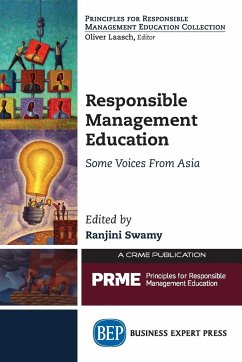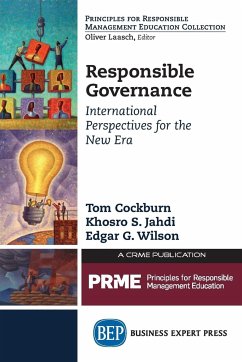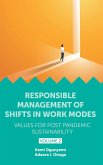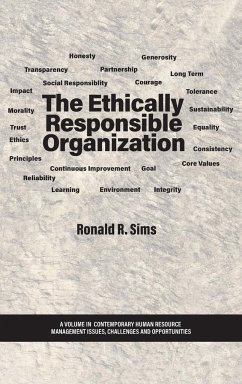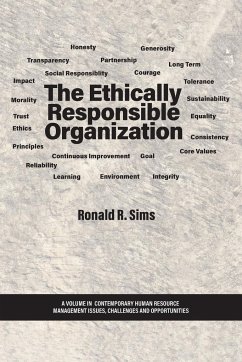This edited collection emerged from the need to know how business schools in Asia are inculcating responsible management. Data for the book was sourced from (a) the workshop proceedings of the 6th PRME Asia Forum held in November 2015 and (b) case studies submitted as part of the Forum. Academics from India, China, Philippines, New Zealand, USA and Hong Kong (who taught in Asia) contributed to the workshop / the case studies. The book describes how some Asian business schools are incorporating ethics, social responsibility and sustainability into their curricular and extra-curricular activities. It identifies the challenges faced in providing such education and the implications thereof. In the process, it captures the unique flavour of Asian business schools. Business schools in Asia appear to have introduced several stand-alone courses on ethics and corporate responsibility. They have adopted pedagogies suited to the profile of their students. Many have promoted a concern for the poor through volunteering, projects or internships with NGOs. However, few have made responsible management a central part of their business school curriculum. Greater integration of responsible management into the curriculum requires supportive administrative policies, greater cross-functional interaction and the development of context-appropriate learning materials.
Hinweis: Dieser Artikel kann nur an eine deutsche Lieferadresse ausgeliefert werden.
Hinweis: Dieser Artikel kann nur an eine deutsche Lieferadresse ausgeliefert werden.

